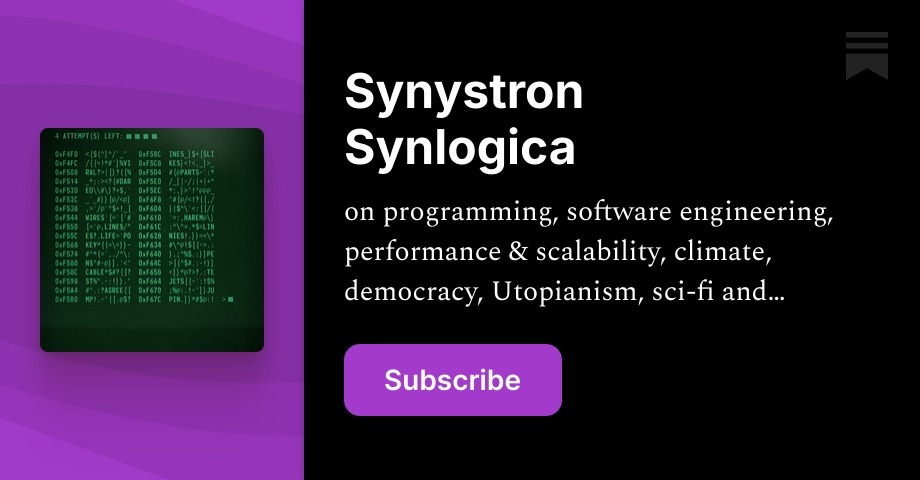I'm A Utopian

🌈 Abstract
The article discusses the author's perspective as a "Utopian" who wants to make the world better through specific ideas and proposals, while acknowledging the possibility of being wrong or overlooking complications. The author believes that progress has been uneven across different domains and attributes this to the influence of vested interests. The article outlines several proposals the author believes could improve the world, particularly in the context of the United States.
🙋 Q&A
[01] I'm A Utopian
1. What is the author's perspective and goals?
- The author considers themselves a "Utopian" who wants to make the world better
- The author has specific ideas and proposals for how to achieve this, while acknowledging the possibility of being wrong or overlooking complications
- The author believes in taking action and iterating to learn from mistakes, rather than not trying at all
2. Why does the author choose the term "Utopian"?
- The author wants to avoid being labeled as a Democrat, Republican, conservative, libertarian, liberal, progressive, or socialist, as these terms have specific political assumptions and baggage
- The author prefers the term "Utopian" as it most closely fits their goals and mindset of trying to take pragmatic steps towards a real-world "everyday utopia"
3. What is the author's view on the progress made in different domains?
- The author has seen massive advances in some domains (like computing) but only slight to modest improvements in others (e.g., cars, food safety)
- The author believes there has been effectively no progress in some areas (e.g., public restrooms) and a worsening of some areas (e.g., party patriotism, stability of democracy in the US, balance of privacy vs. surveillance, discrimination)
- The author is baffled by this uneven progress and believes it is due to the influence of vested interests with selfish or parasitic motives
[02] Specific Ideas for Improving the World
1. What are some of the author's proposals for improving the world?
- More strict requirements for the US presidency to filter out obvious/likely traitors, proven serial liars, or the dangerously insane
- Parent licensing
- Banning minors in restaurants
- Banning backyard/outdoor-based dogs in home neighborhoods
- Improving public restroom ergonomic standards and design
- Implementing a universal basic income (UBI)
- Simplifying and automating the tax system
- Implementing a meritocratic voting system where some votes have greater weight than others based on relevant and objective merits and uniform rules/standards
2. How does the author view the political alignment of these proposals?
- The author states that the proposals do not all fit neatly into a left-wing, right-wing, or even centrist agenda, but are "all over the traditional spectrum"
- The author's goal is to try to get as many of these ideas implemented and adopted at scale, wherever "they" (the vested interests) allow it